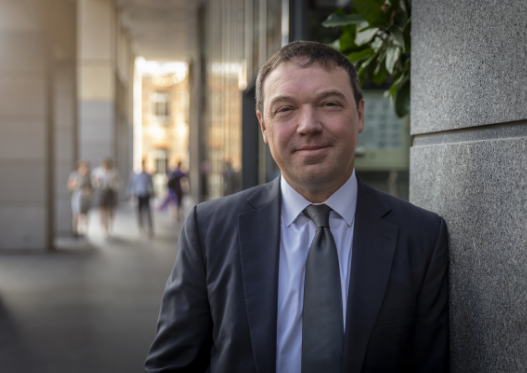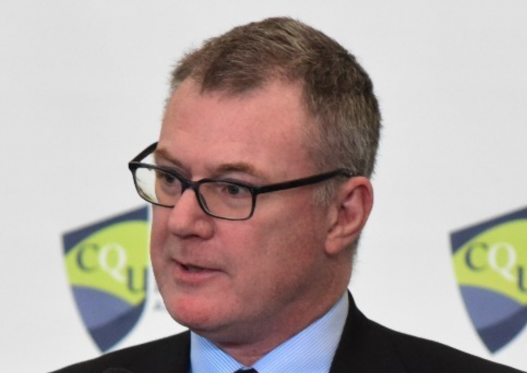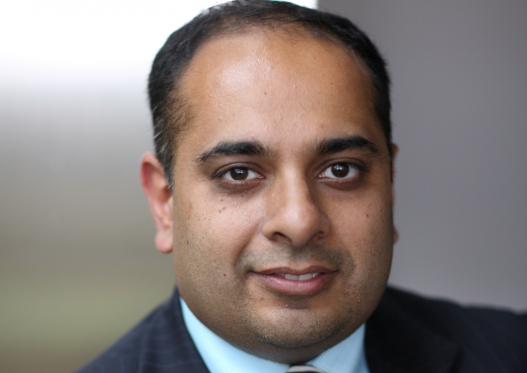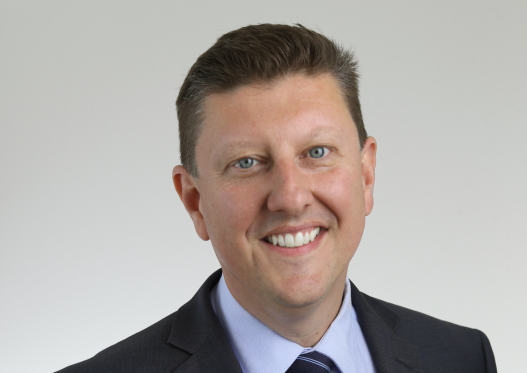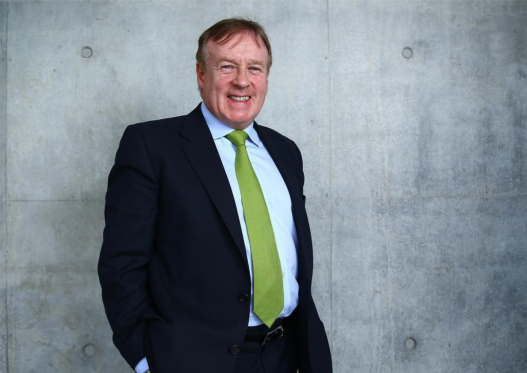Diversity at junior to mid levels in financial services could be increased by screening CVs, hiding a person’s name, education, and previous employers, according to an executive headhunter.
Sharon Mackie - managing partner at Talent Search Haus - spoke about the need for greater diversity as well as progressive tools in the recruitment process that can future-proof the workforce.
Mackie was speaking to InFinance after the release of FINSIA’s Gender Divide Survey and TSH’s own research with data from Open Director that shows 96% of ASX 200-500 financial services companies had male CEOs and 69% of leadership pipeline executive roles are also held by men.
“Although the increased focus on the ASX 200 is starting to pave the way for the future, not enough women are in positions which are responsible for a P&L in the wider 500 and beyond,” said Mackie.
“The impact of this is far-reaching. If women aren’t driving and making decisions on culture and strategy - how can this be reflective of a company’s customers or employees?
“We won’t fix the inequity or dominance of men in positions of influence in the future unless we begin to ask why women are not being considered for these roles.
“Businesses that do not address equality in leadership teams will be at a huge disadvantage including loss of business, staff and potential stakeholders compared to companies that are consciously working on it.”
The executive and C-suite recruiter who has 31 years experience says that while the Big Four have been working hard, other financial services institutions have been struggling to recruit and retain talented women.
“We are losing a lot of women anywhere between eight and 12 years into their financial services career, maybe even younger,” Mackie said.
“These days given generation Y, they're probably less patient and leaving earlier.
“And the most important thing to mention is that when women are looking for a career, they want to see people that look like them in more senior roles.
“If they can't see people that look like them, they actually wonder whether this is the right place for them.”
Addressing the issue of unconscious bias, saying ‘it’s a very real thing’, Mackie said: “Research suggests that training in unconscious bias does not work, however awareness is a start.
“The solution should involve companies embarking on internal development programs to have women ‘line ready’ and change traditional recruitment methods by addressing unconscious bias during interviews and relying more on transferable skills, aptitude and drive rather than the safety of experience.”
Three ways of improving the recruitment process include:-
Screening CVs including hiding a person’s name, education, and previous employers
Encouraging structured interviews where interviewers in the process ask similar questions of each candidate, comment and grade the response. The information is then collected and reviewed by all.
Setting interview questions that not only look at what the candidate has done but how they would approach particular situations and scenarios in the future.
While Mackie acknowledges this blind screening may be more difficult at senior levels, it could evolve to ensure that executive-ready pipeline is in place.
“The issue is we've got to stop hiring based on pure experience,” Mackie said.
“There's enough anecdotal evidence out there that would suggest if you hire on a capability, potential, transferable skills, values and motivation, you actually end up with better talent.
“The rationale for that is if you bring somebody in who has been doing the same thing somewhere else, are they as motivated, and is there the intellectual challenge?. People want to grow and learn as well as perform well."






